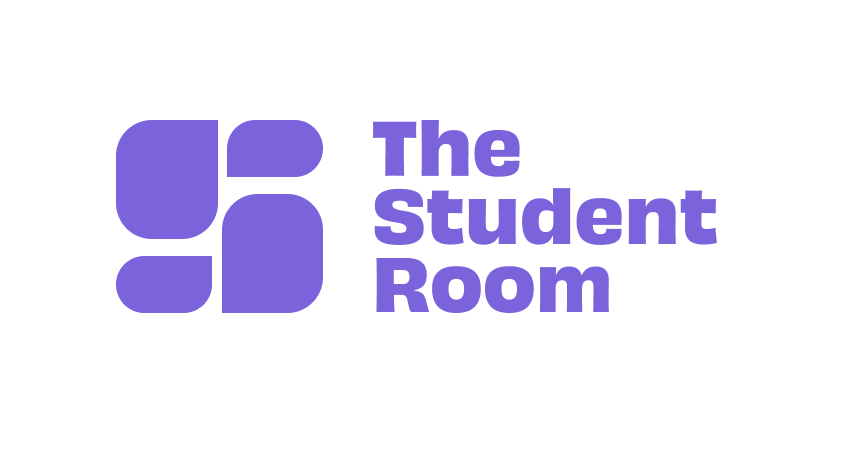Freshers week is a key time for brands to build a relationship with the youth market. It is a significant emotional milestone in the student journey, and our research shows the average student spends £286 during freshers week before reigning in their monthly budget to £100-£300.
I’m an intern at The Student Room, and I’m sharing advice from a student’s perspective on how to market to freshers. I’ll cover what students want, how to communicate with them effectively and youth trends to be aware of.
Building an identity: new university, new me
Going to university means making new friends, so most young people want to look their best. Many will spend more than usual on new fashion in a bid to ‘reinvent’ themselves as they enter this new chapter of life.
During freshers, young people harness their newfound freedom, friendships and purchasing power to mould their new identities. This means the weeks leading up to freshers offer a brilliant window of opportunity to promote your business and begin a loyal customer journey with students who will incorporate your products into their personal brand.
Paint a picture of what a new life could be like for your audience. Humanising your messaging and using soft call-to-actions really resonates during this transition period. For example, try emotive messaging like “wear what makes you feel alive” or “get ready to take on the world”.
The Student Room is the destination for freshers to share advice and information, and I see loads of students asking what should be on their packing checklist:
”So I’m starting university in September and I need help with sorting out a wardrobe for Freshers week/general clubbing throughout the year.
What basic items should I add to my wardrobe that are a MUST for clubbing?”
Keep an eye out for powerful buying signals like this when planning where to position your advertising campaigns.
Market to freshers: how students prepare for university
Décor & Homeware
Plants, wall posters, fairy lights – you name it, they’ll buy it. Every single person whose dorm I visited during freshers had some sort of new décor. This circles back to ‘shaping your identity’. People want their rooms to feel intimate, so they purchase a few key items such as photo frames to add a personal touch. Content campaigns sharing useful tips about how students can ‘style up’ their new room, personalise their homeware or bring something different will pay off.
Selling homeware? Colour is a great selling point because switched-on students will bring the most unique kitchenware to their halls to stand out and prevent their belongings from going missing.
Technology
Most people get a new laptop before heading off to university. In fact, 58% of students do. Great tech deals tend to spread very quickly by word of mouth. When I was preparing for university, Apple was running a student deal for a discounted MacBook plus a pair of Beats headphones and it got students talking:
”I am planning on buying a MacBook (still torn between air and pro) and I saw on the NUS site about the whole free Beats when I buy a Macbook deal Apple has going on”
”Last year Apple provided students with a deal offering a MacBook Air with the student discount of 15%, but also included a pair of Beats solo2’s free of charge. Does anyone reckon they’ll do something similar this year or was this just a one-off?’‘
Think about what you can offer to incentivise students to buy those relatively more expensive technology items from you, rather than your competitors.
Finance
It’s no secret that finance can be the most stressful part of applying to and attending university. 45% of potential students said that finding a part-time job would be essential to cover the cost of living and 51% were concerned about the impact of repaying tuition fees later in life. When it comes to opening a new bank account it’s essential brands help students ease the pressure.
When I opened my account, I took advantage of a free railcard incentive. This kind of deal goes down so well with students because it’s something that directly benefits them during their university life. When moving away from home, travel can become a huge expense so cheaper rail travel was a great perk for me. But a lot of offers can be short-lived – I find offering something that holds long-term value means long-term loyalty. When you market to freshers, think about what they need.
JOMO, the new FOMO
The Voxburner Youth Trends survey found Gen Zs are choosing to stay indoors more than their partying predecessors. ‘Netflix and chill’ has become a lifestyle birthing a new trend: JOMO, the Joy Of Missing Out. The research revealed 16-24-year olds actually enjoy taking a break from the stresses and pressures of life, and this is reflected in their spending habits.
This makes sense when you consider the rise in technology: not only are there more in-home entertainment options than ever, but the scale of social media means you never miss out on hearing about what’s going on. I can now catch up on my friend’s nights out from the comfort of my own home. Why not try promoting products that students can enjoy on their nights in?
Rising tuition fees and increasing debt means freshers are now being branded ‘generation sensible’. According to Voxburner research, Gen Zs are prioritising their education above the stereotypical student culture of drinking and clubbing. So, when advertising your brands consider this shift in student culture.
I’ve noticed nightclubs and restaurants are doing more than ever to lure students out of halls by turning their offerings into a unique experience.
Hopefully this has provided some helpful insights into areas where you can ramp up your marketing, ensuring you keep Gen Z freshers as loyal customers.
Check out our very own range of student marketing solutions here.

Tia Lawrence
Intern at The Student Room
@tsrmatters
If you would like more information on planning your freshers campaign, our team would be happy to support you! Just get in touch using our online form.
Or drop us a line: 0800 999 3222

